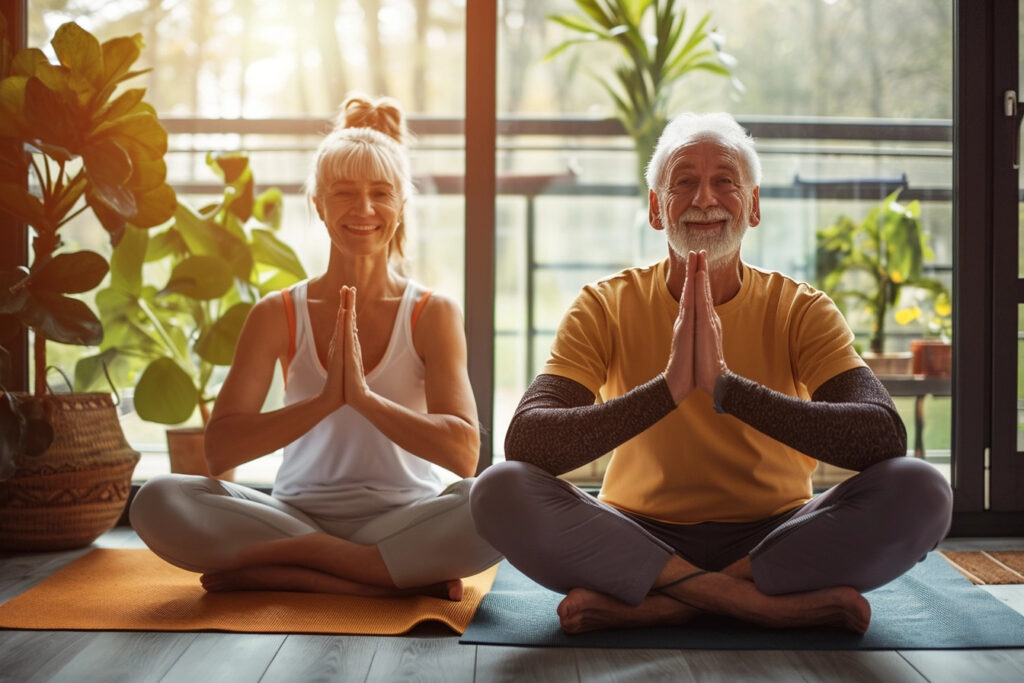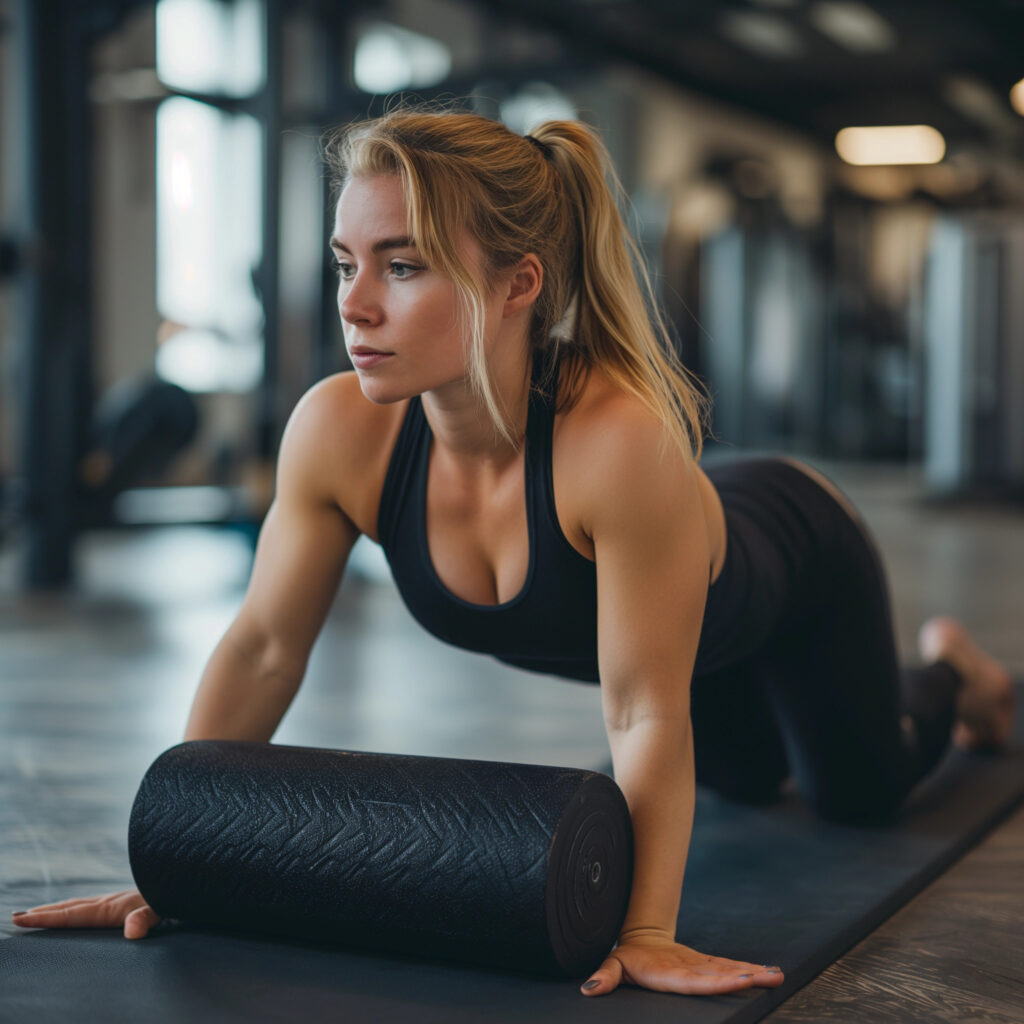Regular exercising can increase joint energy and flexibility while reaping benefits to your coronary heart, bones, and mood. However, a few individuals can also avoid running out due to joint pain or injury.
Low-impact exercises consisting of strolling, swimming, cycling, and elliptical training are a tremendous manner of raising the heart charge without straining joints. Such workout routines consist of on-foot, swimming, cycling, and elliptical training.
Swimming or Water Aerobics
Participating in water aerobics or other forms of aquatic physical games, which includes Aquafit, can assist in enhancing power and flexibility while relieving joint pain. Studies have additionally validated how aquatic physical games may resource human beings dwelling with persistent arthritic signs and symptoms to apply their joints more freely.
Water’s buoyancy allows ease of pressure off joints while its resistance makes for extra hard sporting activities than the ones achieved on land. Exercise achieved underwater provides more cardio or anaerobic workout than conventional land-based exercises.
Most water-based workout classes take place in a heated therapy pool, supporting loosening muscle mass and joints at the same time as relieving aches for sure people.
Some water-based physical activities focus on all of the most important muscle groups, consisting of legs and lower back muscle tissues with on foot, jumping jacks, vast jumps, or scissor lunges; water aerobics may also target palms through underwater bicep curls; wrist or ankle weights can upload resistance for a severe exercise and help enhance muscle mass and joints simultaneously.
Cycling or Stationary Biking
Workouts can build muscle tissue and decrease aches in your knees, hips, back, or feet – plus, come up with new hobbies like dancing or hiking, which you by no means thought feasible before! But for human beings struggling with joint aches, a workout may also seem impossible.
Biking may be an awesome way to construct persistence while raising the coronary heart rate and relieving joint pressure. Studies suggest that those with knee osteoarthritis who regularly rode bikes as part of their exercise software skilled much less ache and improved features after six months of ordinary training.
Swimming or water aerobics provide low-impact sporting activities that construct muscular tissues while growing cardiovascular fitness, providing buoyancy comfort to knees and ankles all through bodily exertion.
Before beginning a workout program geared toward assuaging persistent joint aches, it’s wise to seek advice from your health practitioner or bodily therapist first. Your healthcare team can recommend safe exercises in addition to changes to current workouts so that they will help ease signs and symptoms more quickly.

Elliptical Training
Exercise can be one of the best methods to alleviate joint pain because of arthritis, harm, or just getting older. But no longer all sporting activities offer equal alleviation – a few can truly grow stiffness and pain stages while others provide the desired remedy.
If strolling is giving your knees and ankles an ache, cycling or the use of an elliptical gadget can be the right alternative to help provide an extremely good cardiovascular workout. Both sports have lower effects than running and, at the same time, impart similar cardiovascular benefits – simply ensure the right form is discovered to avoid overworking joints.
Make the revel in extra attractive with the aid of pairing it with tracks, podcasts, or books you experience; this will make certain you stay with it – the cornerstone of low-effect health success. By doing it properly, your stepped-forward mobility and strength will no longer most effectively relieve pain but open up new pursuits and activities!
Yoga for Flexibility and Strength
Yoga is a shape of exercise that can assist in constructing strength and increasing flexibility without overstretching joints, even as its respiratory physical games sell rest and decrease pressure tiers related to joint aches.
Flexibility is essential in minimizing harm risk, as tight muscular tissues are at greater risk of overworking a joint and leading to harm. Yoga is an effective way to increase flexibility; over the years, greater exercise equals improved thoracic backbone flexibility.
Note, however, that passive flexibility differs from active range of movement. While passive flexibility will increase how a long way muscle mass can stretch, active range of motion involves strengthening muscles that aid joints to boom balance and decrease inflammation. Before embarking on yoga practice, make sure to talk about it with a medical company first and talk about any barriers or restrictions advocated by means of their rheumatologist or orthopedist; pay attention to what your frame tells you if there are any discomforts.
Tai Chi for Balance and Mobility
Tai Chi, a martial arts movement, has grown increasingly famous as a powerful way to improve stability and relieve arthritis aches. Utilizing fluid moves and weight shifts while maintaining a centered and relaxed posture, this historical martial artwork utilizes fluid movements for better overall performance.
Tai chi can be a powerful remedy for rheumatoid arthritis because it improves stability, flexibility, electricity, pressure management, and tension reduction. Studies have additionally proven its achievement at enhancing vestibular issues.
One look observed that after six weeks of Tai Chi training, all 8 participants with strange SOT ratings saw consequences every day or close to regular, and two had even been able to stop assistive gadgets altogether. This study involved community-dwelling adults identified with RA who agreed to go through exercise education for eight weeks; members were split into a Tai Chi group and managed the group.
Tai Chi group participants engaged in physical games combining yoga-stimulated stretches with easy Tai Chi moves. Before and after schooling, companies were evaluated on stability scales inclusive of the Berg stability scale, Tinetti stability takes a look at, functional attain takes a look at, and timed up and cross (TUG) test.

Pilates for Core Stability
Pilates differs from other kinds of workout in its use of controlled moves to strengthen core muscle mass and growth flexibility and posture. This method improves stability and coordination to alleviate joint aches while making other sorts of bodily pastimes less complicated to accomplish.
Core muscle tissues encompass abdominal, decreased back, hip, and buttock muscle tissues as well as pelvic ground muscular tissues – including their role in assisting in manipulating bowel characteristics and intraabdominal stress all through motion. Pilates offers physical games along with Kegel and Pelvic Tilt that can toughen those middle muscle tissues for extra typical energy.
No matter what shape of exercise you pick out, it’s critical that you gradually increase it to a mild depth over the years so that it will obtain the most advantages and save you injury. Before beginning any new bodily hobby, it is a great concept to consult a physician first to be able to make certain it’s appropriate. Also, attempt applying warmness before beginning in an effort to loosen stiff joints and muscular tissues more comfortably and make your exercise extra bearable; attempt using either a warm water bottle or heating pad, as these alternatives offer heat immediately on centered areas.
Gentle Walking or Nordic Walking
Walking has long been a clean and gentle exercise option for learners or those recovering from injuries, as it puts minimum pressure on joints. Flat surfaces make the revel in even better for joint health as this prevents aches or inflammation from choppy or jarring surfaces common to other workout routines.
Combining Nordic poles with walking can transform a simple interest into a full-frame exercise that engages extra muscle groups rather than simply on foot alone. Originating as an off-season training technique for go-country skiers, Nordic on foot adds more stability to every step, even spreading weight across greater muscle tissues for decreased joint pressure in comparison to going for walks.
Recent research means researchers validated that community-residing seniors with slight thoracic hyperkyphosis should lower their spinal curve with the aid of undertaking a 12-week supervised Nordic on-foot software. While these findings may additionally be useful to a few individuals, similar research ought to take place with large organizations that suffer more extreme curvatures to verify those effects and make sure lengthy-time period blessings are sustained.
Conclusion
Exercise can help construct energy and persistence, with low-effect sports like strolling, biking (on both a Peloton Bike or outdoor motorcycle), swimming, or yoga especially powerful in this regard. Such workout routines may be especially suitable for people experiencing knee or hip aches that are exacerbated via high-effect exercising, as well as those trying to remain energetic but require reduced joint pressure due to clinical motives or just desiring a smash in their exercising schedule.
Joints are in which two bones meet and are protected by using cartilage that absorbs surprise, permits bones to go with the flow easily over every different, and holds them together with ligaments. High-impact physical games, inclusive of running or jumping schooling (plyometrics), can also cause your joints to jam or shock your frame and could result in damage.
Low-impact sporting events can be less difficult on your joints and might assist in guarding against harm; however, they need to nevertheless be approached with care and attention. Use warm-ups. S. Cool-downs to keep away from overworking muscular tissues and attempt not to work out too intensely; the intention is to get one hundred fifty minutes of mild depth cardio activity each week along with two muscle-strengthening days.

